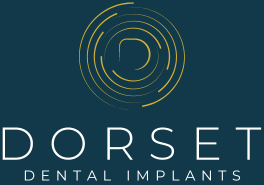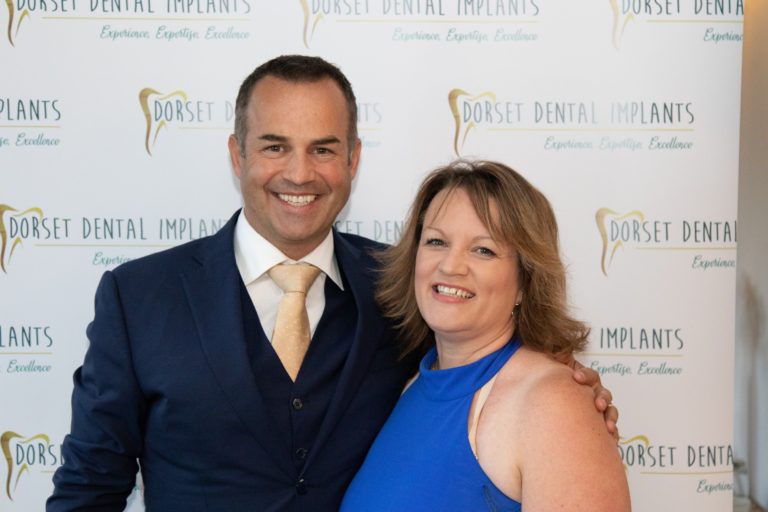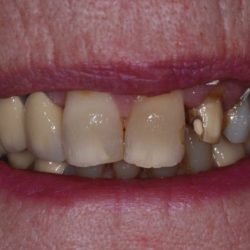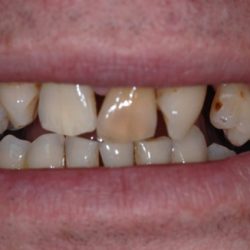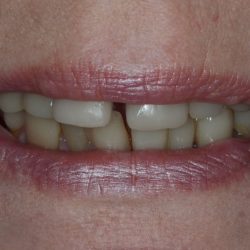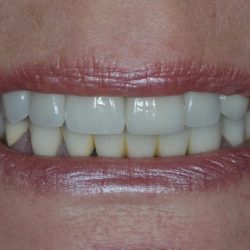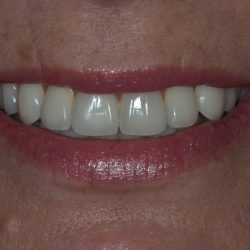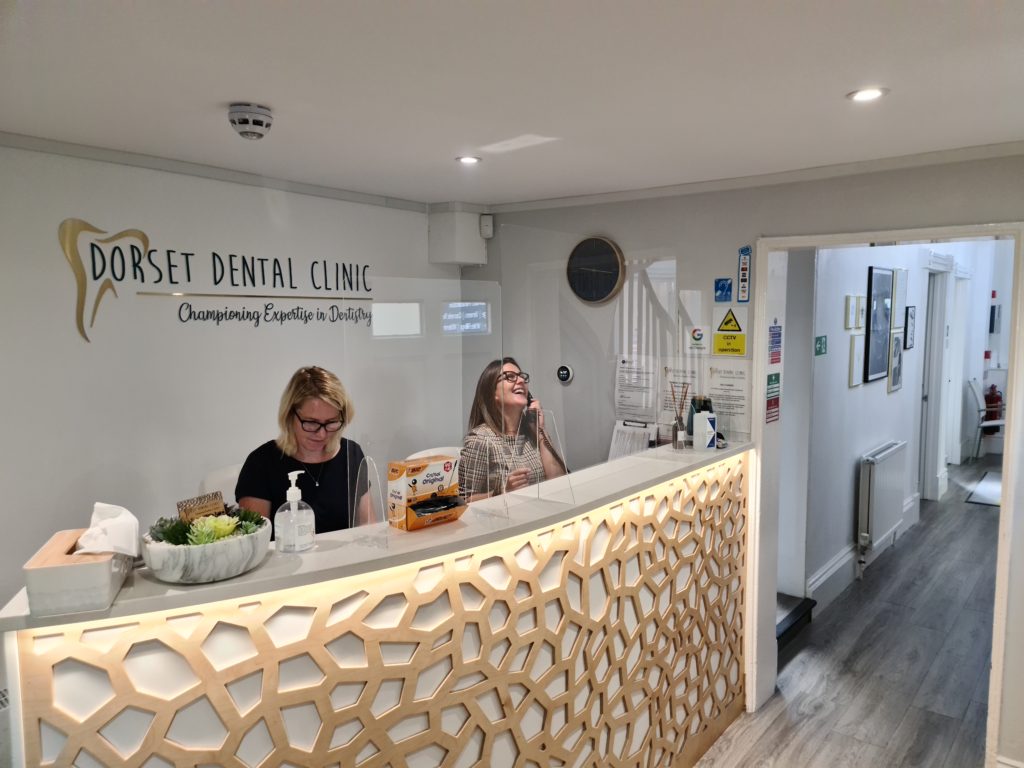NATURAL
The great thing about dental implants is that they look and feel just like normal, regular teeth. They are specifically designed to bond with your jawbone making them a permanent and stable addition to your mouth.
PERMANENT
Dental implants without the right care will last a lifetime, this is because they are just like teeth, but stronger – giving them a better chance at success.
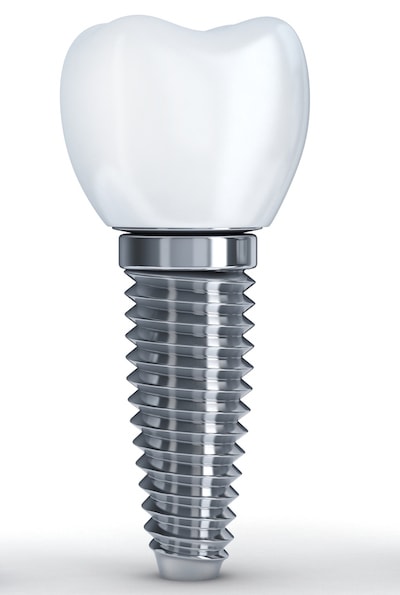
STRONG
Constructed from titanium the implant is one of the strongest and most reliable tooth replacement solutions available in dentistry today. Porcelain crowns are also attached to complete the look.
HIGHLY-RATED
There’s a reason dental implants are so popular – because they give patients an opportunity to restore gaps in their mouth and feel more confident.
